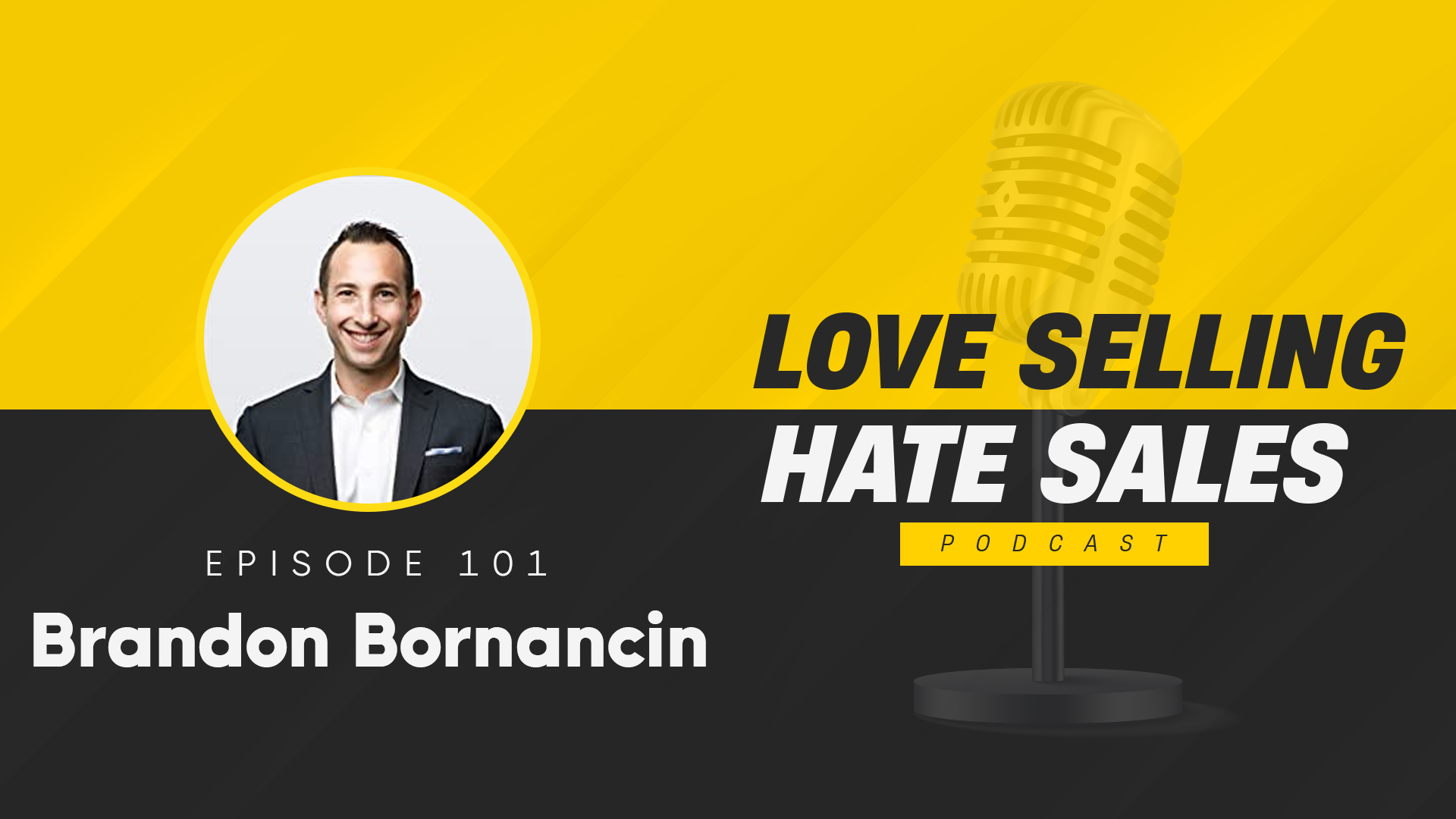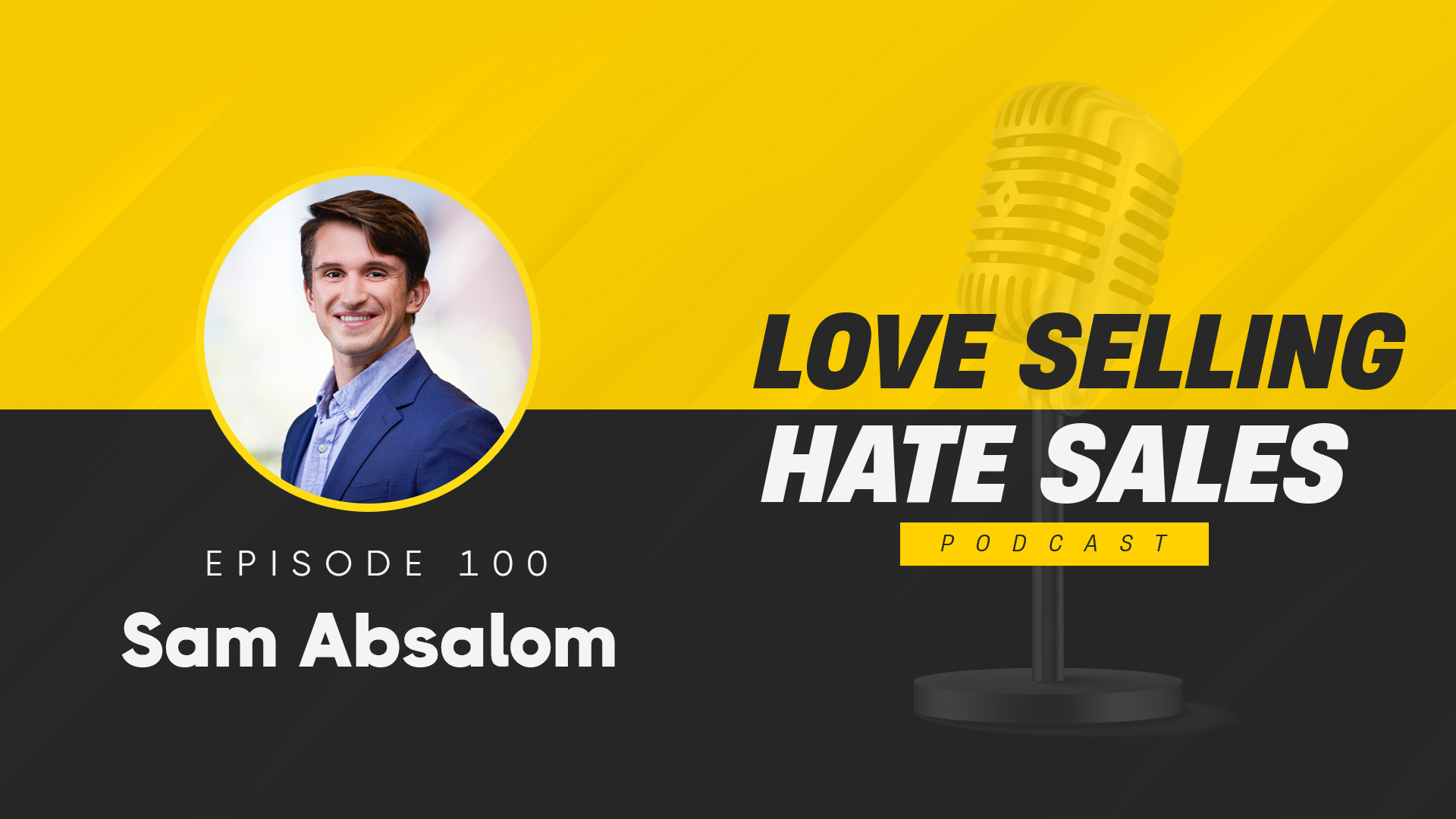Performance marketing tips and advice
My latest thoughts on sales & marketing
Do You Have It? Thoughts on the “Optimism Effect”
Published on February 03, 2016

I often wonder: is optimism an inherent, or a learned skill?
I hope it can be learned, because I think it is something that can benefit most people. Especially those who call selling a profession.
Sales, in my mind, is a two-part equation:
Part one is searching for opportunity.
Part two is having a process in place for taking advantage of an opportunity when you find it.
Optimism plays a huge role in both parts. Opportunity can be hard to find. But, on the flip side, the optimist tends to see more opportunity in all things. The leap from opportunity to a business transaction is a whole other beast.
It requires a certain level of optimism to believe that opportunity is something that someone else will see as well, and that you have the skill set to make it happen.
Think about that for a minute, every opportunity requires the person on the other side to take a leap with you.
For some it’s very calculated, others maybe it’s a feeling, but optimism plays a huge role on both sides of the equation. If you don’t believe that you can get it done, then why should the prospect?
We all know people who just have it. But what, exactly, is it? You could argue it is optimism, or a belief that things are going to work in their favor.
I bet if you took inventory of those people who seem to have it, you’d find that things generally do seem to work out in their favor. Why do you think that is?
My theory is that the optimist embraces the struggle and conflict in a win as much as the win itself.
The struggle and the effort are celebrated in the eyes of the optimist, whereas the pessimist focuses on the negative (and only the negative) of the struggle, bringing themselves down and everyone else involved with them.
Struggle is a part of life, and certainly a part of sales, but how you react to the struggle is often the the difference between massive failure and sure-footed success.
You learn a lot about a person in difficult situations. Selling is no different, I tend to think that conflict or difficulty in a sales cycle is a sign of things progressing in your favor.
Why? Because it means the prospect is engaged, cares, and is fighting for their position. The pessimist sees it differently. For them, the conflict and struggle in a sales cycle spurs the, “why does this always happen to me?” mentality.
Optimism is belief and conviction, and bottom line, it’s simply harder than pessimism.
Optimism requires self reflection and accountability to yourself, while the pessimist can simply blame others for the things that don’t go their way.
I believe that optimism can be learned and is an indicator of success in sales, and in life.
I’d love to hear your experiences with optimism, how has it impacted your life? Did you make a conscious effort to change? Hit me up on LinkedIn or Twitter.

